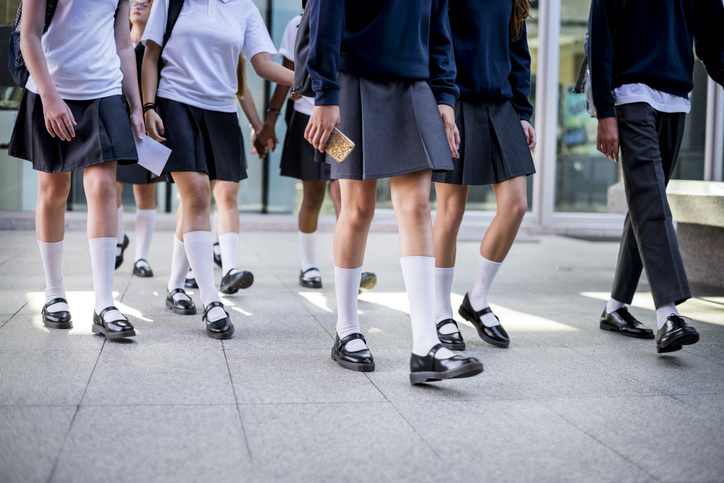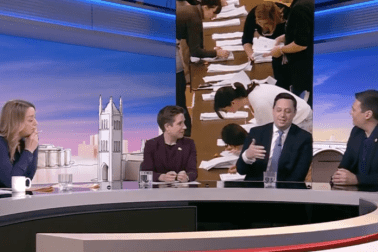The Chief Inspector of the schools’ watchdog Ofsted, Sir Martyn Oliver, has said he thinks the change in working habits that came about after the Covid pandemic is substantially to blame for the skyrocketing rates of children being absent from school. In 2018-19, persistent absence of pupils from state secondaries ran at about 13 per cent. The most recent figures put it at one child in four.
It’s not just a culture of skiving off we’re looking at here
Sir Martyn told the Sunday Times that, as he sees it:
Suddenly people were used to working from home and, in many cases, I don’t think there was that same desire to have their child in school whilst they were at home. They had been used to it for the best part of a year and a half, on and off, during lockdown. That changed something. If my mum and dad were at home all day, would I want to get up and leave the house, knowing that they were both there? I would be tempted to perhaps say, ‘Can I not stay with you?’
He went on to reminisce about the character-building effects on him of seeing his potato-merchant father leave early for work every day:
There’s an expectation: put your shoes on, put your school uniform on and go out the door and go to school, go to work […] I think developing good social habits of getting up in the morning, putting your shoes on instead of your slippers, going out to work, going to school, expecting to complete a full day’s school, a full day’s work, clearly that’s habit-forming.

Britain’s best politics newsletters
You get two free articles each week when you sign up to The Spectator’s emails.
Already a subscriber? Log in







Comments
Join the debate for just £1 a month
Be part of the conversation with other Spectator readers by getting your first three months for £3.
UNLOCK ACCESS Just £1 a monthAlready a subscriber? Log in